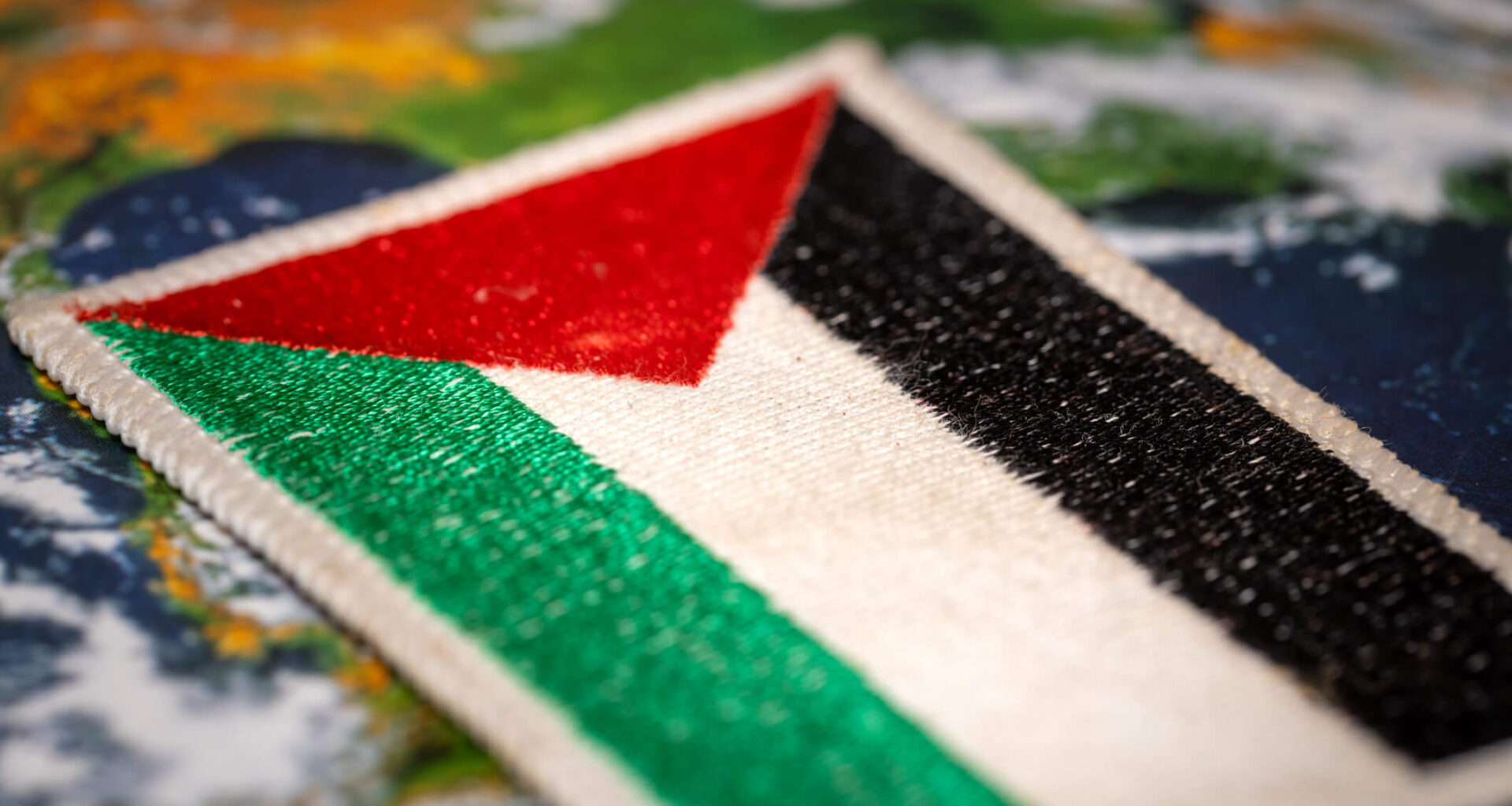In a historic shift that breaks with decades of policy alignment with Washington, the United Kingdom, Canada, and Australia have officially recognized Palestine as a sovereign state. The coordinated announcements mark a watershed moment in international diplomacy and a significant divergence from U.S. policy, which continues to withhold recognition pending a negotiated peace agreement.
The move has been met with fierce opposition from Israel. Prime Minister Benjamin Netanyahu condemned the decision, calling it “rewarding terrorism” and warning of potential consequences for relations with the three countries. Israeli officials argue that such recognition undermines efforts to secure peace and emboldens militant groups, rather than incentivizing negotiation.
France is expected to join the wave of recognition in the coming days, with President Emmanuel Macron set to make a formal announcement at the United Nations. According to French officials, recognition will be framed as part of a broader political process aimed at achieving a lasting resolution to the conflict. Macron has outlined a plan that ties recognition to key steps, including an immediate ceasefire, the release of hostages, and a roadmap for long-term governance, security, and reconstruction in Gaza.
Together, these decisions mark one of the most consequential diplomatic realignments in recent years, underscoring growing frustration among Western allies over the stalled peace process and escalating humanitarian crisis in Gaza. The coordinated recognition also places increasing pressure on the United States to reconsider its stance, as momentum for Palestinian statehood gathers force on the international stage.
